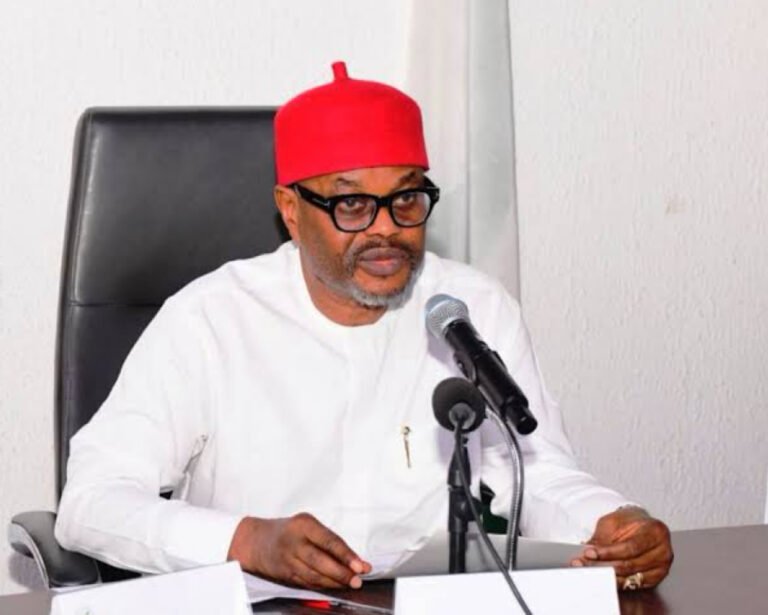On December 22, 2023, the Central Bank of Nigeria (CBN), the apex bank in the country lifted the ban it imposed two years ago on cryptocurrency transactions in the Nigerian banking system. The new guidelines as issued stated how virtual assets service providers (VASPs) will be operated by all banks and other financial institutions (OFIs).
According to the apex bank, VASPs “means any entity that conducts exchange between virtual assets (cryptocurrencies) and fiat currencies, and transfers of virtual assets.” The guidelines, however, signal a shift from the CBN’s initial stand which restricts crypto transactions.
Cryptocurrency, colloquially called crypto by Nigerian traders, was banned two years ago after several cases of cybercrime were alleged. The CBN in February 2021, issued a circular then to deposit money banks (DMBs), non-bank financial institutions (NBFIs), and OFIs to shut accounts of Nigerians involved in cryptocurrency transactions within their systems, citing concerns over money laundering (ML), terrorism financing (TF), cybercrime, and the volatility of cryptocurrencies as reasons.
However, while the recent U-turn decision by CBN to lift the ban garnered praise, it came with a price. Although the apex bank lifted the ban on cryptocurrency transactions, there are still constraints on the exchange that limit traders’ autonomy.
In its recent circular to all banks and other financial institutions, the apex bank conveyed “Guidelines On Operations of Bank Accounts For Virtual Assets Service Providers (VASPs).” In it, the CBN cited global trends and policies from the Nigerian SEC as reasons for lifting its earlier ban, while noting the move is also an introduction to more regulatory clarity and guidelines for digital assets and activities of VASPs.
The CBN revealed that it is done to facilitate foreign exchange inflows and virtual asset trade for VASPs, as well as to open accounts for virtual asset transactions, and it is expected that banks and financial institutions (FIs) must adhere to certain standards. But it still appears absurd that, according to the CBN, Nigerian banks and financial institutions are forbidden from keeping, dealing, and transacting in cryptocurrencies for themselves.
Even the initial ban had an indelible effect on Nigeria’s economy because cryptocurrency is one of the major amplifiers of a nation’s economy. In the current global economic trend, crypto is a sure way to financial freedom. Cryptocurrency contributes to a nation’s growth. Most of the countries that rank high in economic freedom recognise and prioritise cryptocurrency as one of their economic boosters.
In the recent Human Freedom Index (HFI), co-published by the Cato Institute and Fraser Institute, Nigeria is placed at 118th, a rank too poor for Africa’s biggest economy. Most of the countries that rank highly in the Human Freedom Index invest in cryptocurrency, but it comes with regulations. In the recent HFI, Singapore was ranked first in terms of economic freedom. Singapore recognises cryptocurrency as a major economic booster; hence, it places no restrictions on its trade. Likewise, Switzerland, Germany, and the US. These countries recognise the advantages of cryptocurrency and prioritise it as one of their economic boosters.
The recent surge in the inflation rate in Nigeria symbolises a suffering economy. The Nigerian economy needs an augmentation, like cryptocurrency, to elevate it. Putting cuffs on the crypto trade has nothing to offer; it forms part of the unstable exchange rate plaguing the nation.
It is high time Nigeria took some things seriously, and meeting the global economic requirements is one of them. Putting cuffs on current trends because of impending dangers should be stopped. Rather, policies and regulations should be put in place to curb its effect. The Nigerian government and relevant financial institutions are hereby saddled with the responsibility of making reform policies to create a favourable trading environment for virtual assets. Not only that, financial institutions should sequence economic reform policies so that negative effects will be impeded.
In conclusion, experts should also be set up to manage and regulate the virtual asset service providers that will propel development. Also, the Nigerian government should foster a conducive policy for the virtual asset sector to reflect the evolving global economic landscape.














